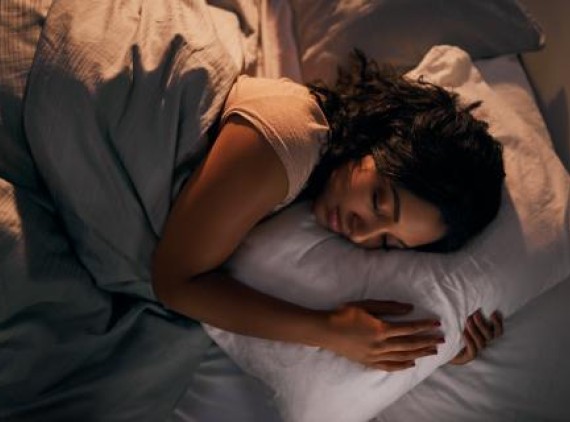Amid the COVID-19 pandemic and the official end to one of the strangest summer “vacations” on record, sticking to a schedule is harder than ever. Especially these days, it feels nearly impossible trying to plan something more than a few hours ahead of time. Unfortunately, our body’s need for consistent, nighttime sleep did not get the memo and so all of us, which includes our kids, are finding it more and more difficult to get the rest we need so badly.
Here are some tips and tricks help us know when and how to escape from the world and drift-off into some pleasant dreams:
- As much as possible, keep a consistent sleep schedule (even on weekends). No, I don’t mean you have to fall asleep and wake up at precisely the same time every day, but our brain love routines and this applies also to sleep.
- For kids ages 4-12 months, this means 12-16 hours of sleep per day (including naps)
- For kids ages 1-2 years, this means 11-14 hours of sleep per day (including naps)
- For kids ages 3-5 years, this means 10-13 hours of sleep per day (including naps)
- For kids ages 6-12 years, this means 9-12 hours of sleep per day
- For kids ages 13-18 years, this means 8-10 hours of sleep per day
- For adults 18+, this means at least 7 hours of sleep per night
- And while we’re mentioning naps, go ahead and take one if you’re feeling tired! But please do so before 2pm and limit napping to a maximum of 60 minutes. Naps that are longer or occur later in the afternoon will make it very difficult to fall asleep at night.
- Develop a bedtime routine that you and your kids can enact consistently at least 60 minutes before your ideal bedtime. No need to be fancy: A good routine can be as simple as showering/bathing, brushing teeth, reading a book, and getting into bed.
- Avoid carb-loading and put away delicious treats at least two hours before bedtime. Our body doesn’t enjoy digesting a large meal or sugary snack at the same time it’s trying to drift into a peaceful sleep. Adults - enjoy your much deserved glass of wine or other alcoholic beverage (in moderation) at dinner, but avoid drinking alcohol before bedtime.
- Keep active during the day. This does not mean run a marathon, hike five miles, or swim the length of the English Channel. Rather, walk the dog, play a game with your family that involves standing or moving, or enjoy a sunset stroll around your neighborhood. I know that the last thing we want to do when it’s more than 100 degrees outside is move, but if we don’t use energy during the day then falling asleep at night will be much tougher.
- Avoid getting into bed when you’re wide awake. Our brains are very smart and are quick to pair an emotional state with a setting or object. Therefore, we want to get into bed when we feel sleepy so our brain associates bed with rest. Now, I’m not saying watch TV in the living room until you fall asleep on the couch but, rather, read a book, listen to a relaxing podcast, or chat with a loved one to wind-down after a long day in a location other than your bed. If you or your kids don’t fall asleep within 20 minutes of getting into bed, get out and go back to engaging in a relaxing activity. Again, the name of the game for our brains is to associate the bed with sleepiness.
- Put away electronics – yes, even your cell phone, at least 60 minutes before trying to fall asleep. I am well aware that suggesting this to most children is equivalent to the most heinous of punishments, but it will get easier and easier to cut the metaphorical umbilical cord with our phones before bedtime the more we do it. For many families, it’s helpful to have a “charging station” in a room far away from the bedroom area (e.g., the kitchen). About one hour before bed, everyone can plug in their phones to this station and then walk away to pursue whatever rest-promoting activity they choose (see above). Removing electronics from the nighttime routine is often the most challenging sleep tip for people but there is a plethora of research on the adverse effects of screens (principally the light they emit) on our sleep/wake cycles. So, just trust me and try it.
- Lastly, make the bedroom a calm, relaxing, and cool place. Yes, I mean hip but also temperature cool, as our bodies fall asleep easiest when the temperature is under 75 degrees. Similarly, as much as possible, avoid watching violent, horrifying movies or reading thrillers right before bed.
The goal is peaceful, restorative sleep so you can start the following day energized and ready to handle whatever curveball the world throws at us next.

